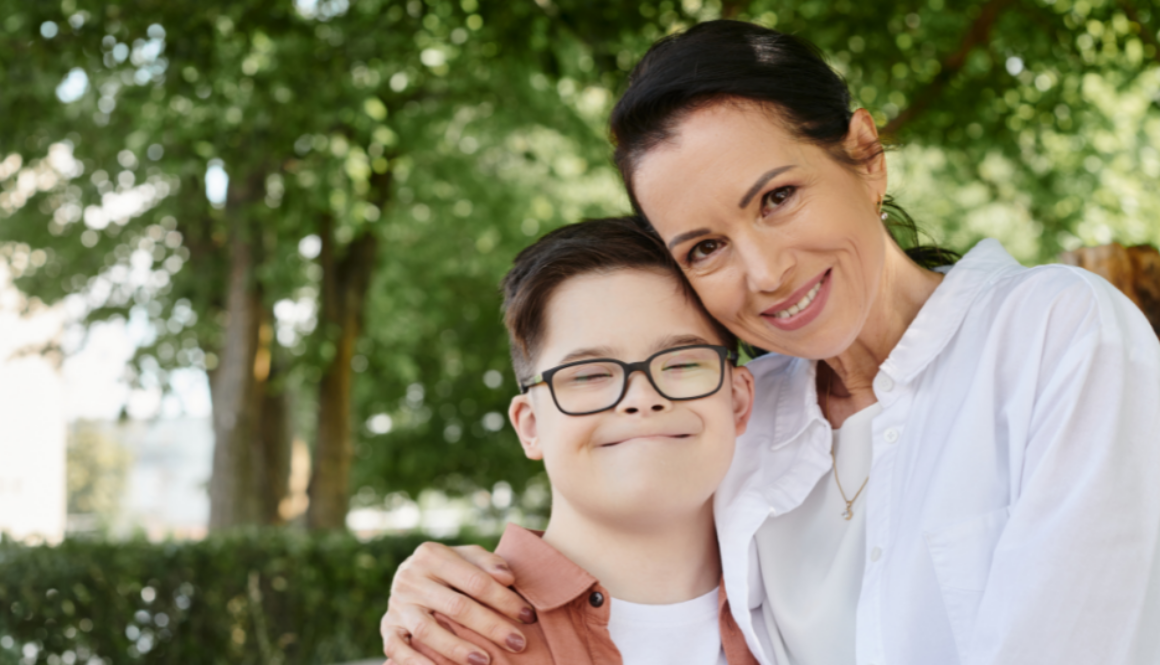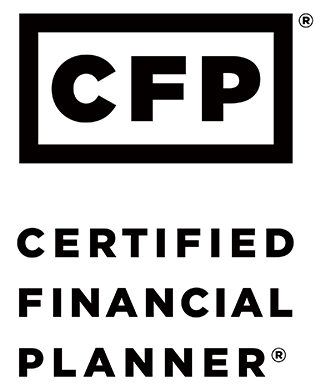Shared Living Arrangements for Individuals with Disabilities
The United States Census reports that over 3 million American children live with a disability. When reaching adulthood, these individuals and their families turn their focus to housing options that offer support and foster independence.
According to a survey by The Arc, 75 percent of adults with intellectual or developmental disabilities live with an aging parent, though many aspire to live more independently. They reported wanting an accessible setting near friends, where they felt respected and had qualified support staff.
Beyond Group Homes
One living option that could help high-functioning disabled adults achieve these goals is shared living arrangements, in which the individual with the disability lives away from parents with roommates.
This growing trend provides a sense of community and independence and an alternative to living in group homes or long-term care facilities. When set up to suit the needs and preferences of the person with the disability, shared living arrangements can foster autonomy and community and allow tailored support.
What Shared Living Arrangements Can Look Like
Shared living can encompass a variety of arrangements. The central features of shared living are accessible housing for the person with the disability and roommates who provide social support and sometimes caregiving.
In a shared living arrangement, the individual with the disability may reside in accessible housing owned by a special needs trust and rent rooms to others. Or, the individual could be a renter themselves, living on accessible family property or elsewhere. They may even rent from someone who provides caregiving arranged through a local service like Rumi.
Shared living arrangements contrast with group homes in several ways. In a group home environment, all residents have a disability. Staff are available onsite to provide support. This can include direct support staff, case managers, and specialists such as therapists.
In shared living, roommates may or may not have a disability themselves. For the individual with the disability to have support staff, this must be arranged — by selecting a caregiver or finding a supportive roommate.
These arrangements also significantly differ from institutional living. In shared living, all of the individual’s needs — housing, care, maintenance, supports and services — must be arranged by the disabled person, their guardian, or their caregivers.
Generally, a facility would provide most services, from assistance with activities of daily living to nursing care.
In a shared living arrangement, the person with the disability or their loved ones typically are the ones tasked with making the necessary improvements to a property or finding a property that meets the individual’s needs. This can be more legwork upfront but can ultimately lead to a more independent and community-centered lifestyle.
Whether shared living is a good fit can depend on how much assistance the person with a disability needs day-to-day. A facility or group home might be more appropriate for someone with more severe disabilities, whereas an individual who can handle some tasks independently could be more suited for shared living.
How Families Can Make Shared Living a Reality
Families can take steps to establish a shared living arrangement for an adult child with a disability. The first step may be modifying or building the residence. For instance, parents could build an accessory dwelling unit on their property.
Or, a property on the market in the community could be purchased and adapted. A local rental might be available, but it may be more challenging to find one that accommodates physical disabilities.
Families should consider how they will fund any purchase, building costs, or renovations. A special needs trust could own the property. Or, the individual with the disability could make a purchase to spend down resources and qualify for benefits— for instance, when the individual is set to receive an inheritance that would otherwise jeopardize benefits.
Selecting Housemates
Living with others is a key feature of shared living. Finding trustworthy people is essential to the arrangement’s success. Potential roommates include others with disabilities, friends or family (e.g., a sibling or cousin), and other community members who have been interviewed and background checked.
Roommate matching services can help adults with disabilities find roommates. Reaching out to local community-based organizations that support individuals with disabilities may also be a good step toward finding a roommate who also has a disability.
Another option is a supportive roommate, where the roommate takes on a caregiving role, as with the service Homies, based in California. These paid individuals can provide help with activities of daily living. A friend, family member, or other individual could take on this role. Some people seek out roles as supportive roommates as a way to help others and generate income.
Family Involvement
Family members can help their loved one have a successful shared living experience by:
- Brainstorming ideas for where the individual could live
- Helping the individual clarify their wishes
- Aiding in the process of identifying a residence and adapting it
- Assessing potential roommates
- Checking in on the person with the disability regularly
- Assisting with home maintenance and lawn care
- Providing direct caregiving
Legal Considerations
Private shared living arrangements involve several important legal considerations. Getting agreements in writing is vital to protecting the individual with the disability if legal problems arise.
When a family, special needs trust, or individual owns a property and rents to others, a lease is essential. This written contract describes the nature of the landlord-tenant relationship, their responsibilities to each other, and the rules. The lease is crucial if the tenant stops paying rent or violates its terms; the landlord can begin the eviction process more easily than if no lease was in place.
If the roommate is to provide any caregiving — from helping with household tasks to driving the disabled person to appointments — a service agreement is also essential. This defines caregiver responsibilities, lists services, and specifies payment details. Even when the supportive roommate is a family member, an agreement can help promote clear communication and protect both parties if conflicts arise.
Public benefits considerations may also be involved. In some states, Medicaid waivers can fund home care, either to pay an outside caregiver or the roommate for support. Meanwhile, receiving rental income directly could impact benefits eligibility.
A special needs planning attorney can help address legal concerns — from drafting legal documents to helping the individual with the disability maintain their access to public benefits.
Resources for Families
The following resources can help families find shared living arrangements.
Local organizations exist across the country that can assist people with disabilities in finding roommates. For example, Rumi connects people in Minnesota who have Medicaid waivers with caregiver roommates, helping match a person with a disability with a roommate who can provide the appropriate level of care. Homies is a California-based supported living services vendor that also helps people with disabilities find supportive roommates.
State Medicaid waiver programs allow certain individuals with disabilities to qualify for home care. Find local state home-and community-based service waivers for which you or your loved one may be eligible using this online locator.
A financial advisor that specializes in Special Needs Planning can help navigate the process of setting up a positive supportive living experience for an individual with a disability. Find a local, qualified special needs planning attorney today.











